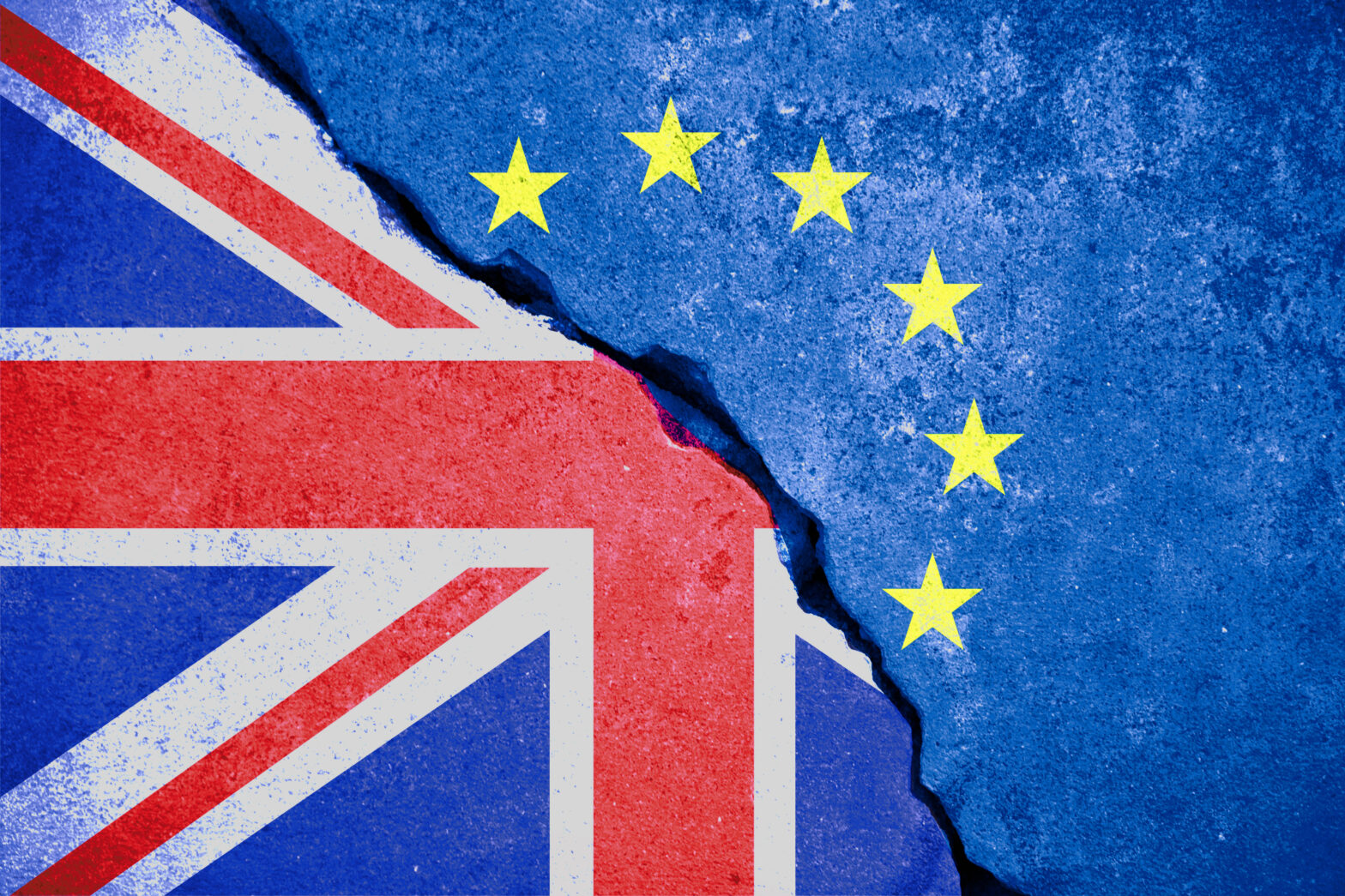The ongoing negotiations with the EU continue to meander, with each side having a different view of progress. Worse the main issues which businesses are interested in are yet to be placed on the negotiation table to be discussed. How should business respond in the face of such uncertainty?
Understanding the potential changes and their impact is the first step to estimating the cost and impact of the changes. With the risks understood businesses can then develop mitigation actions.
>See also: Why London will remain a global tech hub post-Brexit
Two key areas businesses need to understand are:
• The Single Market and
• The Customs Union.
The press releases and comments from the negotiation are telling little of substance in the areas that industry is concerned. UK papers on trade are opening thoughts and suggestions rather than points of principle that business can plan around. We have, to date, had no indication of the thoughts of either side on what the likely final agreement might look like as far as the new UK-EU trade deal is concerned. Therefore, business must hope for the best but plan for the worst.
Worst case scenario is an overnight switch to World Trade Organisation (WTO) trading arrangements. Although both sides will try to avoid this economic shock, political brinkmanship at the negotiation table is likely to leave this “unthinkable” option as a possibility, far longer than most business will find comfortable.
As a first step, businesses need to Identify who their EU suppliers are. Furthermore, those business also need to look at their UK and non-EU suppliers to ensure that they too have identified their critical EU suppliers. For each product or commodity currently purchased from the EU examine and rank the impact of changing to WTO trading arrangements.
>See also: How has the economy fared since the UK voted on Brexit?
Further criteria in your assessment should include:
• Volume, value and frequency of purchase from the EU supplier.
• Does a suitable UK supplier and supply chain exist for these items?
• Do other non-EU sources exist for these items. With the switch to WTO trading arrangements, is the price from these territories, plus transportation, more or less attractive than from the current EU supplier?
• Can value added activity be moved to the UK? Ie final assemble, finishing, or cutting / shaping activities be performed in the UK rather than all the value add being completed at the EU factory? Importing product at an earlier stage in its manufacture means that its price should be lower, and therefore the tariff be correspondingly less.
In the analysis, business must not miss out the suppliers who have a reliance on the availability of low cost labor from the EU. These suppliers need to be engaged to understand how they will manage their future when the ready supply of low cost labor is gone.
Understanding the size, how many suppliers are impacted, and cost of the challenge is a first step in developing mitigating actions to minimise and offset the impact of the change. Having completed that first task what are the typical options available to business?
>See also: UK business growth ambitions high, but IT innovation hindered by Brexit
The best solution will depend upon many factors. The generic options available to business are four:
• Accept the increase in costs.
• Move to an alternative supplier (perhaps in the UK or from a non-EU country) at the same or lower price.
• Move value added activity to the UK or other lower tariff territory.
• Automate, mechanise or robotise activities currently undertaken using low cost EU labor.
These are not the most attractive generic options to face:
• Raw material cost increases will reduce profits or make finished goods more expensive in the market, which is likely to lead to a reduction in sales volume.
• Changing suppliers may not be as straight forward as one would hope. Matching form, fit and function may provide its own set of challenges. Once those problems are solved how will customers react if the alternative product performs differently compared to the current EU sourced item?
• Moving the value add to the UK may be advantageous but is unlikely to fully offset any price increases, more likely this option will only shield the business from the worst of it.
• Automation and robotics takes time and capital investment to deliver. Switching a factory from using low-cost labor from Eastern Europe to using high tech robots and artificial intelligence is obviously a major undertaking. It will entail significant re-skilling of staff along with a change in local support and infrastructure. Robots don’t need toilets, towels and tea but do need maintenance repair and overhaul.
>See also: Brexit confusion over MiFID II compliance
Current EU suppliers are likely to want to keep the business and sales they have in the UK. They will have their own ideas on how to manage the changes which should be keenly considered.
It is likely that certain EU business sectors, with significant exports to the UK, will lobby their representatives to minimise the impact of Brexit for them. These industries are also capable of developing their own solutions to the challenges faced.
Be sure to be engaged and appropriately supportive of supplier and industry initiatives, but also be aware of the opportunities Brexit brings in opening up the UK market to imports from non-EU countries. Make sure your customers benefit from larger pool of suppliers and territories now available to trade with.
Sourced by Nigel Ransom at 528 Advisory
The UK’s largest conference for tech leadership, TechLeaders Summit, returns on 14 September with 40+ top execs signed up to speak about the challenges and opportunities surrounding the most disruptive innovations facing the enterprise today. Secure your place at this prestigious summit by registering here








